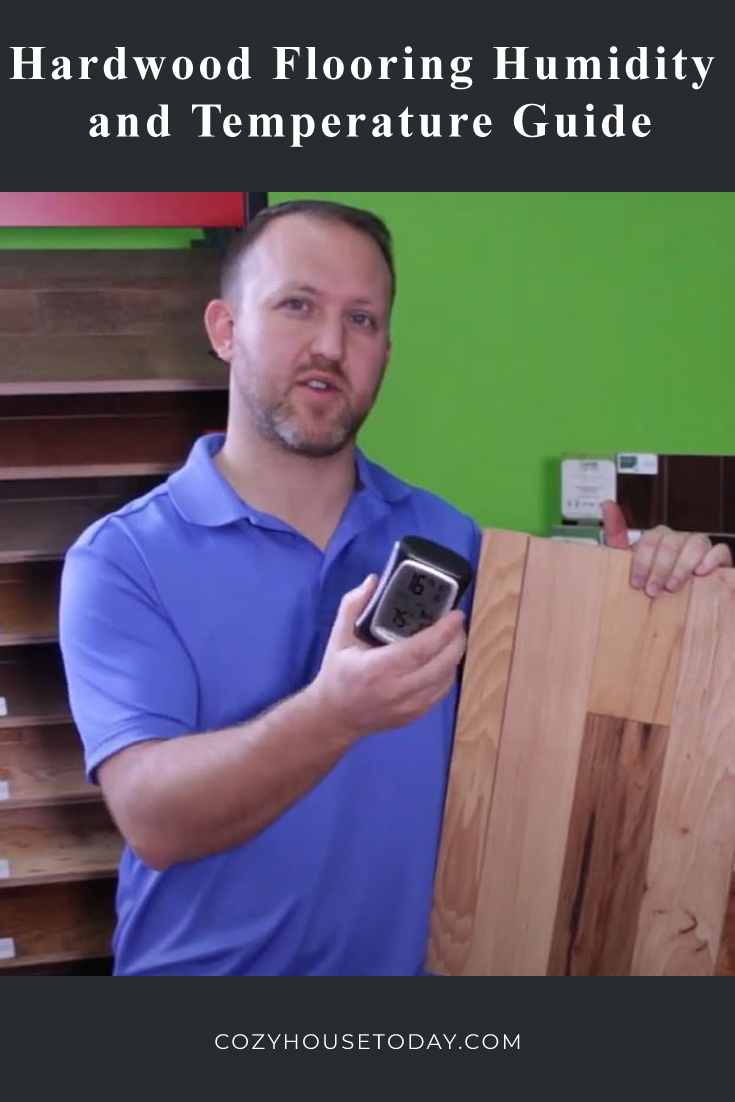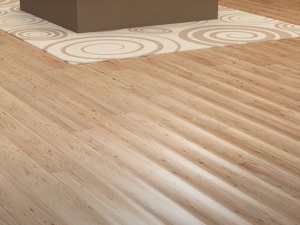 Hardwood floors are incredibly beautiful, and they do add class and a sense of sophistication to any space. They are not difficult to clean, and many of them now come with improved finishes, which makes them much easier to maintain and more resistant to scratching and other damage.
Hardwood floors are incredibly beautiful, and they do add class and a sense of sophistication to any space. They are not difficult to clean, and many of them now come with improved finishes, which makes them much easier to maintain and more resistant to scratching and other damage.
However, hardwood flooring is more susceptible to damage in an environment where the humidity is not controlled than other floor types. High humidity causes hardwood floors to expand, and low humidity causes the floors to shrink.
These effects on hardwood floors are sometimes noticeable, and if the humidity goes unregulated, the floors may suffer permanent damage over time.
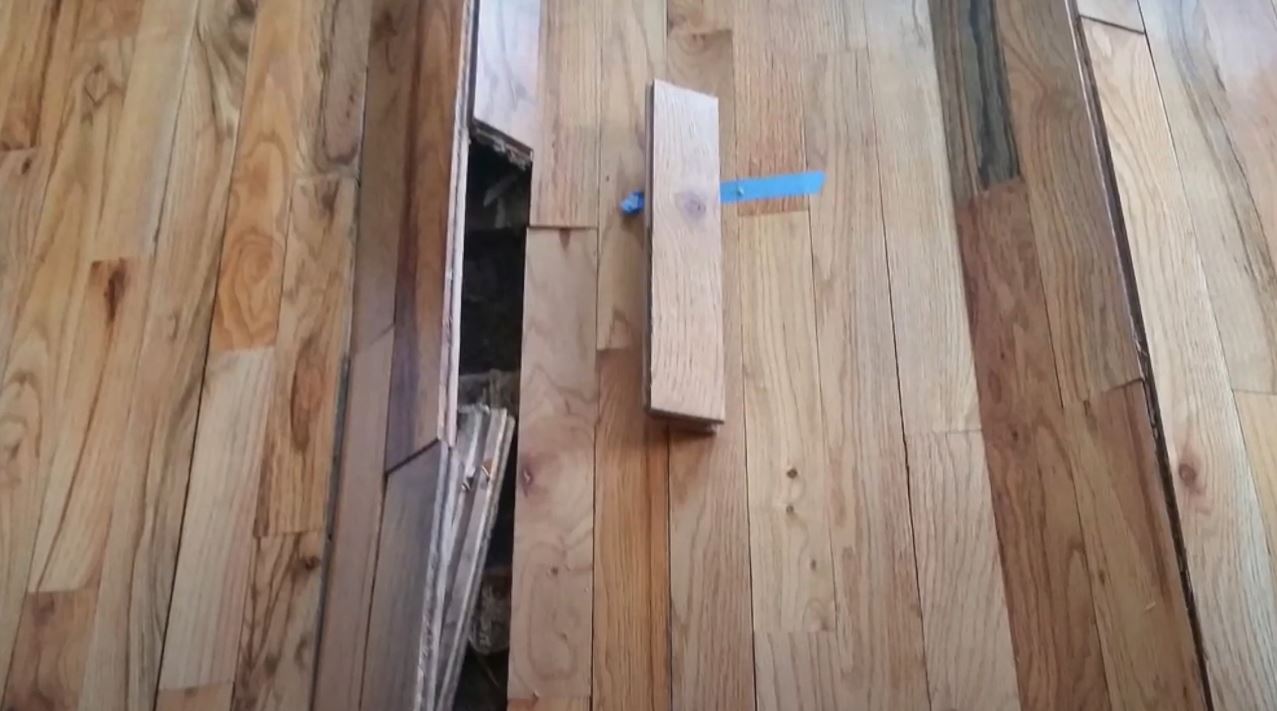
These are some of the important facts you should know before installing hardwood flooring in your home. You can’t just install hardwood floors without first taking into account the humidity changes in your home.
Moisture testing before installation
Before you install a hardwood floor, you need to measure the moisture content of the hardwood flooring and subfloor. The best way to go about it is to use a moisture meter.
A moisture meter can help you determine if a floorboard is dry enough for installation. It can also check the moisture levels of your subfloors, determine if you need to apply another layer of finishing and gauge water damage.
Regulate humidity in the home
Another important factor to consider before installing hardwood floors in your home is humidity in the home. You need to control the humidity in your home to protect your wood floors from damage.
Indoor humidity levels must not be lower than 50% or higher than 70%, and the air temperature should be between 65°F – 80°F. However, these levels go up or down depending on the weather.
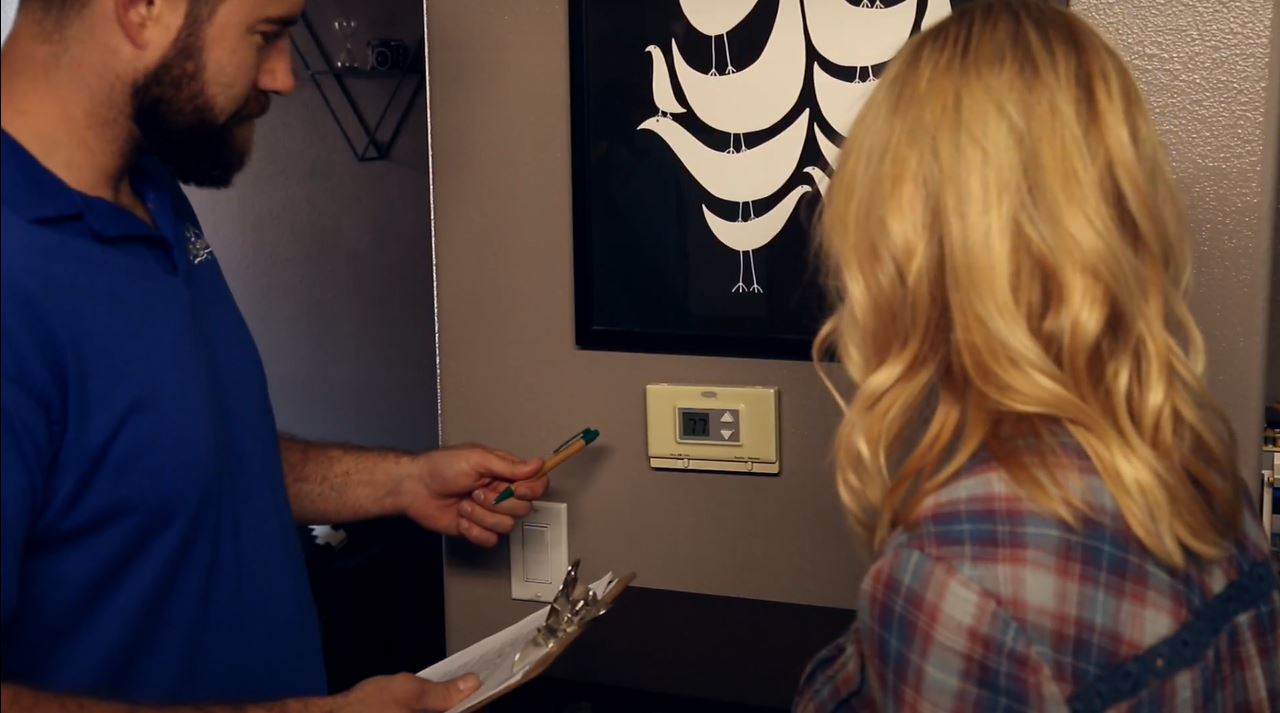
During the cold months, the humidity levels in the home reduce, and this can cause the hardwood flooring to shrink. During the hot months, the humidity levels go up and can cause the hardwood to expand.
So when the humidity levels are high in the home, you can use your air conditioning to control these levels. When the humidity levels go down, you can use a humidifier to regulate the levels.
The best possible solution is to install a central humidity control system to help regulate the humidity in your entire house. Central humidification systems work together with air conditioning systems, and they are quite effective at regulating humidity in the entire home.
The problem with these systems is that they are expensive and they have high installation costs. So unless you are willing to take simple measures like using humidifiers and dehumidifiers to protect your hardwood floors, which can be tasking, humidity control systems can save you a lot of time and energy.
In any case, you would rather invest in a system that does all the work of making sure that the humidity levels in your home are regulated than having to install brand new hardwood floors. Replacing hardwood floors can cost hundreds of dollars, depending on the size of your home.
So in not so many words, figure out the best solution for controlling the humidity in your home before installing hardwood floors.
How to protect your hardwood floors from damage
Here are some measures you can take to protect your hardwood floors from damage.
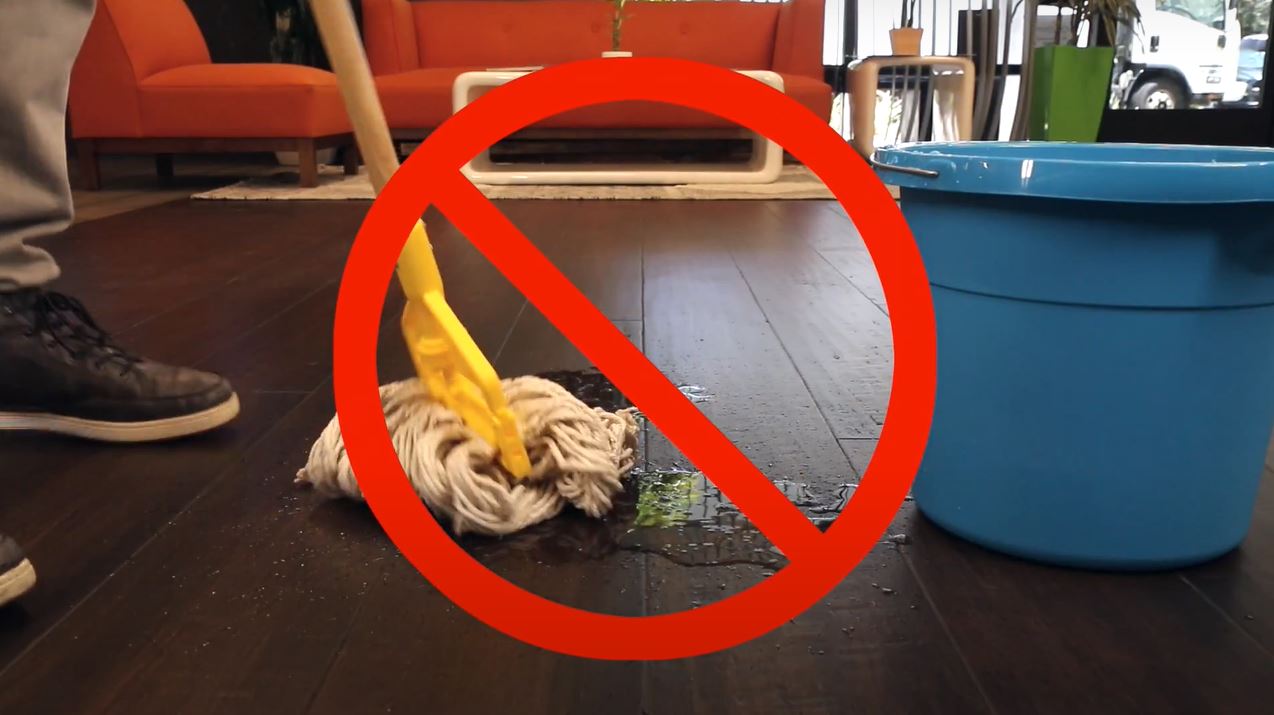
- Clean your hardwood floors with the recommended cleaning products
- Avoid using acidic cleaning products
- Do not steam clean your hardwood floors, ever.
- Wipe spilled water on your hardwood floor immediately
- Avoid using water-based products or water to clean your hardwood flooring
- Clean your hardwood floors with a damp mop and only when it is necessary
- Use floor mats and rugs to protect your hardwood floors from dirt and damage such that you don’t have to mop them all the time
- Use the proper cleaning techniques
There are many other measures you can take to protect your hardwood flooring from damage. You just need to do some research.
Final Remarks
Although there are simple and easy ways to control indoor humidity to protect your hardwood floors from moisture damage, many are temporary and not too effective.
For effective results, you would need to use a combination of moisture regulating tools to control the humidity in your home if you cannot afford to install a central humidity control system.
Hardwood floors and moisture don’t mix, and that means you would also need to take additional measures when cleaning your floors. You should avoid using water-based products or water to clean your hardwood floors and only clean them when they are dirty. It is also recommended that you only use products made for cleaning hardwood flooring.
